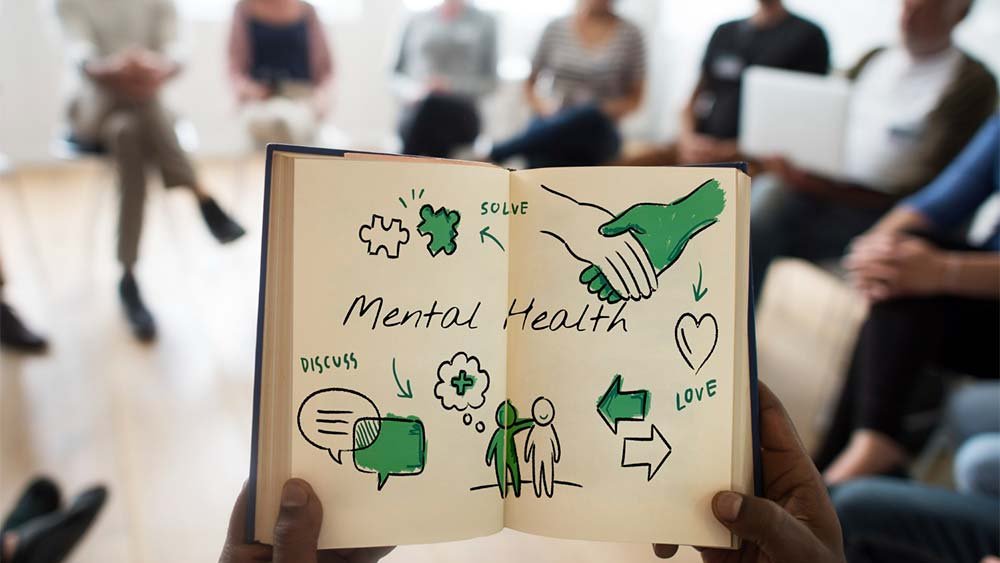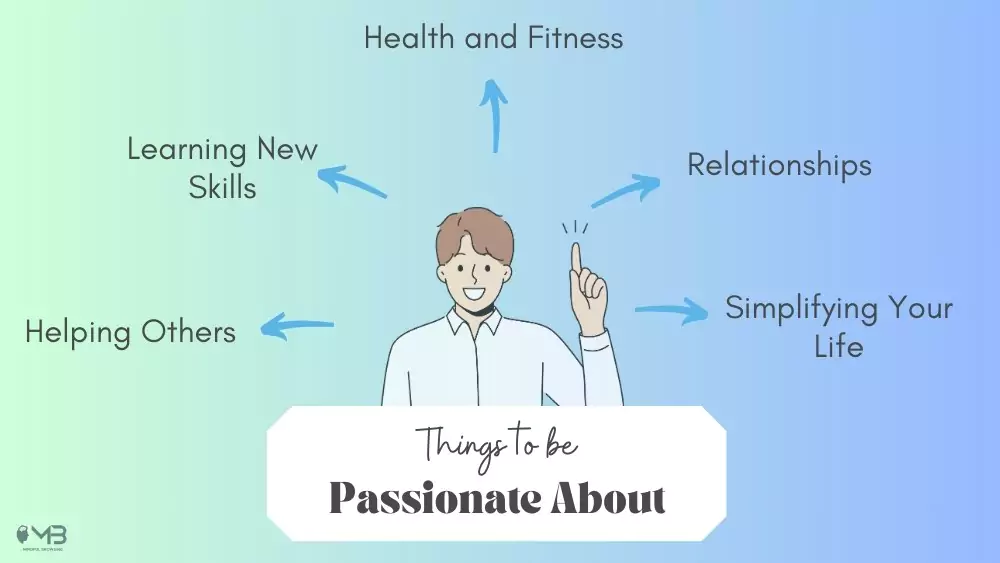
According to the WHO health definition, it is a complete physical, mental, and social well-being. Mental health is crucial to live a healthy and balanced life. It determines a person’s success, physical abilities, and how he copes with stress and interacts with others. Mental health impacts the overall development of a society. Almost 22.8% of US adults face mental illness.
Setting clear and concise mental health goals can keep your mind healthy and energetic. Mindful affirmations can also improve your mental health and help you live a happy life. So, to guide you, we have enlisted the seven most important mental health goals for 2024.
What are Mental Health Goals and Objectives? Why Do You Set Them?

Individuals set mental health goals to improve their mental health and overall well-being. Without goals, you can’t achieve anything in life. So, setting mental goals guides you toward achieving mental health.
When these goals are implemented in individual lives, they bring accomplishment, improve self-confidence, and increase self-awareness. One can determine how to cope with challenges and stress and reduce negativity.
In short, setting mental health goals leads to a journey of successful mental health. People can prioritize their mental health, positively change behaviors, and have successful relations. Moreover, it also gives the possible reasons why people think, “Why do I hate my life?“
Benefits of Setting Mental Health Goals
As we know, our mind controls our body. If it is not healthy, how can the whole body work properly? So, setting mental health goals has many positive impacts on mental well-being.
- Self-determination: Mental health goals determine your mental condition and how much work you must do for a healthy mind. These goals give you a clear view of awareness and improvement, and you can achieve greater results in less time.
- Brings positivity: It changes your point of view and way of thinking and brings positivity even when facing hard times.
- Makes you responsible: It allows you to understand your behaviors, habits, and thoughts and makes you responsible for achieving mental health.
- Take control of yourself: It gives you control over your emotions and bad thoughts. When you’re in trouble, instead of panicking, you find a solution. In short, no circumstances can affect you badly. Rather, they increase your mental ability.
- Achieve mental health: The focus of setting mental goals is achieving mental health, so obviously, by setting the right strategic mental health goals, you can achieve what you want.
How Do You Set Mental Health Goals

Setting mental goals can be arduous if you need to learn how. So here are some tips on how you set mental health goals:
- Start with analyzing yourself. Take notice of your mental health, stress level, and thoughts.
- Set clear goals for what you want to achieve and where you need improvements in your behavior or self-habits.
- Be clear and smart and set time-bound techniques associated with mental well-being, like the most powerful manifestation techniques within a specific time frame or obtaining a hobby.
- Set mental health reminders to identify your worth, know what you are and your abilities, and focus on physical health to enhance mental health.
7 Steps to Help You Achieve Your Mental Health Goals
Mental health goals are practices that work for one person but not for another. However, you can get an idea by evaluating what suits you and what works for your mental health.
So, here are the seven mental health goals that you can implement in your life:
1. Stress Management

Make a timetable for stress management techniques. Learn new techniques and try to incorporate them into your daily life. Give a few minutes daily to cope with stress, eat healthy, do deep breathing exercises, do focused meditation, and spend time with family.
2. Sleep

When it comes to sleep, setting a routine greatly impacts your mental health. Get good sleep for almost eight hours. Going to bed at the same time and waking up early in the morning can improve mental well-being. Moreover, ensure your bedroom is quiet and dark, and avoid spending too much time on your mobile phone before sleep. It can reduce your sleep and cause insomnia.
3. Exercise

Research indicates that regular exercise can reduce stress and depression. It can improve your negative mood by improving cognitive function and boosting self-esteem. Exercise is the best way to alleviate social withdrawal and improve self-esteem. This can work as a miracle in improving your mental health. Set a goal of daily exercise. Thirty minutes of moderate exercise three times a week can reward you with improving your mental health.
4. Mindfulness and Self-Reflection

Self-reflection and Mindfulness goals enhance personal growth, and reflecting on self-achievements enhances self-confidence. Mindfulness is celebrating your achievements; with reflection, you can gain insights into past experiences and improve your habits. Making a weekly reflection question can give you a clear picture of what you have achieved. Incorporating mindfulness practices like mindful yoga and gratitude meditation into your daily routine can significantly enhance your mental well-being. Mindfulness gifts can also work a lot for your mental well-being. They also help you understand the reasons for “Why can’t I make friends?“
Read Also:
5. Enhance Coping Skills

It’s the most common and effective mental health goal. It means learning and implementing new skills in your life, such as journaling prompts for mental health, problem-solving, coping with depression and stress using techniques like mental health apps that offer guided support, green noise therapy and emotional check-ins to help you stay happy and mentally balanced.
6. Find a Hobby

Finding a hobby can bring happiness to your life. Find a hobby that suits you well. Every person has different interests and circumstances. A hobby can soothe your inner self and improve your mental health.
7. Be Honest with Yourself

Nothing can be achieved in life without self-motivation and honesty. If you are honest with yourself and make up your mind to cope with all your negative thoughts or mental sicknesses, you will stick to it. But no goal can be achieved if you are not serious and honest about bringing change in life with mental well-being.
Final Words
Mental health is the guarantee of our physical health. No one can live a happy, healthy life if their emotions are distracted and they suffer from mental illnesses. So, pursue a mental health goal and stick to it for mental health and well-being. Moreover, time by time, keep analyzing what you have achieved and celebrate your success towards a healthy human being.






